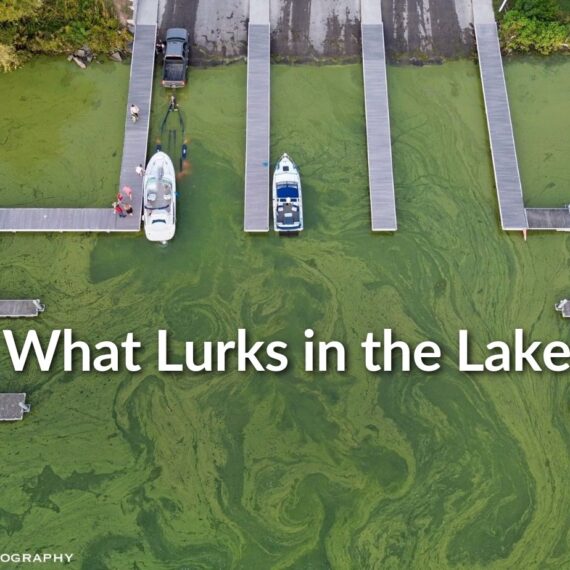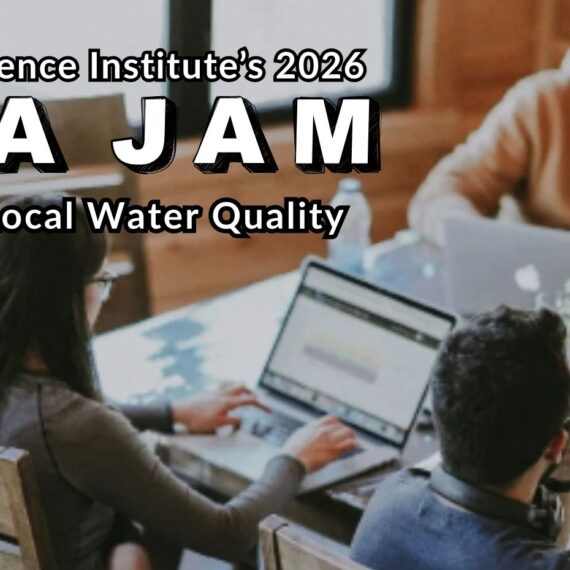Stephen Penningroth
Stephen Penningroth, Ph.D.
Founder, Board Member
Steve Penningroth founded the not-for-profit Community Science Institute with a group of friends in 2000, following up with 501(c)3 tax-exempt status from the IRS in 2002 and certification for CSI’s water quality testing lab in 2003. Long before there was CSI, Steve enjoyed an extended education, going from a B.S. in German Literature to a B.S. in Biology and finally a Ph. D. in Biochemical Sciences in 1977, squeezing in a stint in Army Military Intelligence on the German-Czech border from 1968-1969 where he watched history unfold as Warsaw Pact forces invaded Czechoslovakia and crushed the Prague Spring.
He was an assistant and associate professor at the University of Medicine and Dentistry of New Jersey from 1978-1993, conducting basic research on the role of the dynein ATPase in flagellar motility in sea urchin spermatozoa and teaching pharmacology to medical students. A 1987-1988 sabbatical at Cornell University with Professor James Gillett awakened an interest in environmental toxicology and extension work, and in 1993 Steve resigned his faculty position in New Jersey and moved to Ithaca.
As a Senior Lecturer at Cornell for seven years before starting CSI, he developed and taught several undergraduate toxicology courses, served as a technical advisor for community groups at Superfund sites in New York and New Jersey, and conceived the idea of an introductory textbook for non-toxicologists, which was published in 2010 under the title “Essentials of Toxic Chemical Risk: Science and Society.”
The father of two grown children and grandfather of two small boys, Steve shares a home a mile from Cayuga Lake with his wife, Judy, and their three gorgeous German shepherd dogs, all trained by Judy and veteran competitors in agility and obedience. He is grateful for the support, public and private, that has allowed CSI to contribute to the growing movement for greater local stewardship of natural resources.
Publications
Penningroth, S. M., Yarrow, M. M., Figueroa, A. X., Bowen, R. J., & Delgado, S. (2013). Community-Based Risk Assessment of Water Contamination from High-Volume Horizontal Hydraulic Fracturing. NEW SOLUTIONS: A Journal of Environmental and Occupational Health Policy, 23(1), 137–166. https://doi.org/10.2190/NS.23.1.i
O’Leary, N.; Johnston, R.; Gardner, E.L.; Penningroth, S.M.; Bouldin, D.R. Long-Term Study of Soluble Reactive Phosphorus Concentration in Fall Creek and Comparison to Northeastern Tributaries of Cayuga Lake, NY: Implications for Watershed Monitoring and Management. Water 2019, 11, 2075. https://doi.org/10.3390/w11102075




